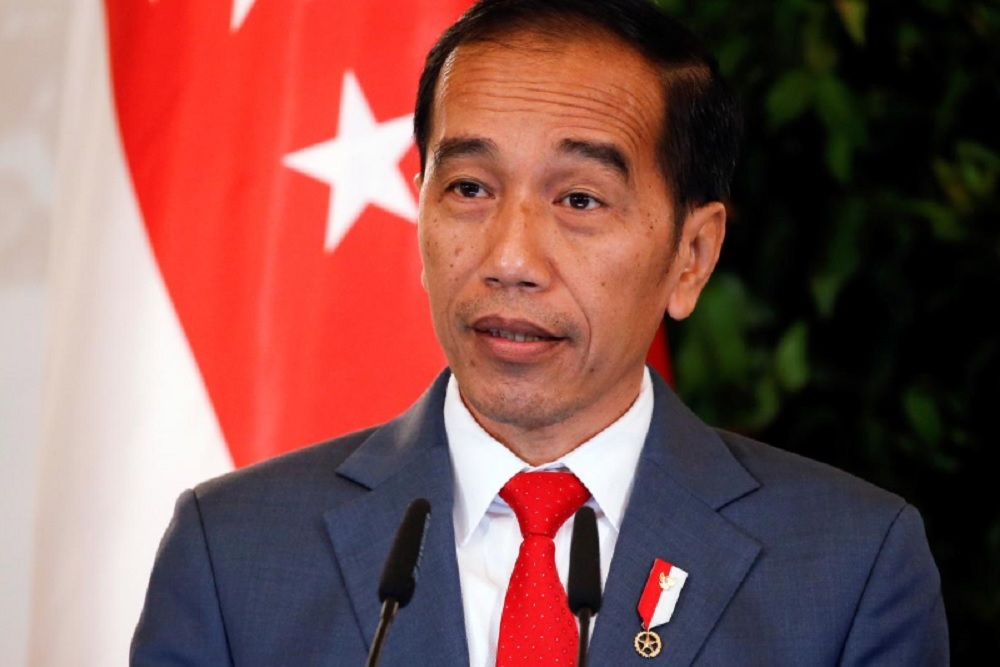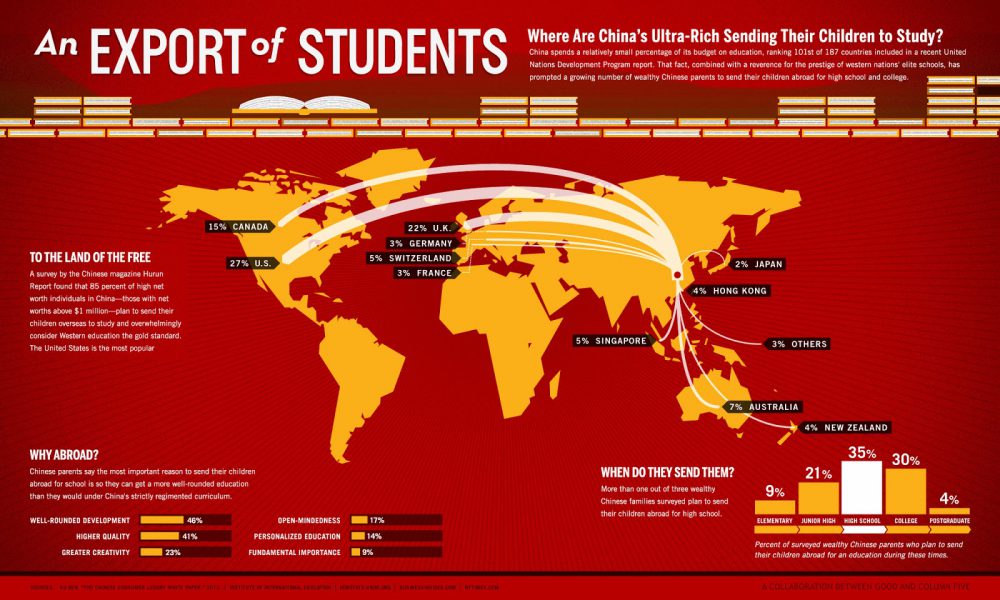Indonesian President Joko Widodo, for the first time, has skipped out of attending the International Anticorruption Day event recently, which was organized by the Corruption Eradication Commission (KPK).
The move was regarded by many as intentional because of the recent breakdown of the relationship between the President and the KPK.
The friction began when president Widodo, the government agreed to the revision of the KPK Law, and the recent resignation of several employees as it was perceived to cut the KPK’s authority.
The revision passed into law in September, revised the 2002 bill governing the Corruption Eradication Commission, known by its Indonesian initials, KPK, which states the agency will be overseen by a committee and no longer able to independently wiretap suspects.
Indonesia’s rapid passage of the revision into the law governing its anti-graft body has sparked significant concerns that President Widodo is going soft on fighting the country’s endemic corruption.
Widodo was represented by his Vice President Ma’ruf Amin at the event, evidently showcasing the deteriorating relationship between his government and the current KPK commissioners.
Shortly after the bill was passed, nationwide protests began, during which five were killed and scores injured.
President Widodo formally stressed he would not revoke the amendment to the Corruption Eradication Commission (KPK) Law and would instead accelerate the establishment of a team to supervise the country’s antigraft agency.
Indonesia Anti-corruption history
Indonesia’s anticorruption efforts date back to the early years of the nation in 1945 until the emergence of the KPK in 2004, and have since been sporadic and mostly imbued with political motives that limited their impact.
Accordingly, anticorruption drives during the Sukarno and Soeharto eras were limited in number and fractured, since these were politically motivated and were not aligned with the political and economic interests of the political elite.
Notably, after independence, then-vice president Mohammad Hatta, then-prime minister Sutan Sjahrir and his associates were able to bring about parliamentary democracy.
Despite criticism of political instability in the parliamentary era, crucial governance reform measures included military reform and that of the civil service reform, while the judiciary was relatively impartial and clean.
The emergence of the KPK under the reform era was an important milestone that started to change the sense of impunity among high-ranking officials during the presidency of Susilo Bambang Yudhoyono.
The KPK was equipped with a strong mandate and authority, supported by a sophisticated organisation and competent staff. As a result, the KPK was able to prosecute high-ranking officials indiscriminately, as shown by a conviction rate of almost 100 per cent.
Death penalty for graft convict
President Joko Widodo while commemorating International Anticorruption Day, by attending a performance at the SMK 57 public vocational school in Pasar Minggu, South Jakarta, said if the people will see it so, then death penalty could be handed down for graft convicts.
The President explained that the existing law did not stipulate the death sentence for graft suspects, except for those committing corruption in connection with national disaster mitigation.
According to Widodo, the government can initiate a revision of the 2001 law if the people want it. This revision could lead to the enactment of the death penalty for graft crimes.
Article 2, Paragraph 1 of the 2001 Corruption Law stipulates that corruption and self-enrichment offences that cause state losses constitute crimes that are punishable by death if they occur during national disasters.
Despite a global trend pointing toward the abolition of the death penalty, Indonesia is among dozens of countries across the globe that has retained capital punishment, mainly for drug offenses, murder, and terrorism.
Under Jokowi’s administration, Indonesia has executed 18 death row inmates including foreign nationals convicted of drug-related offenses in three batches since 2015, sparking international outcry and calls from human rights activists for the country to scrap the death penalty.







